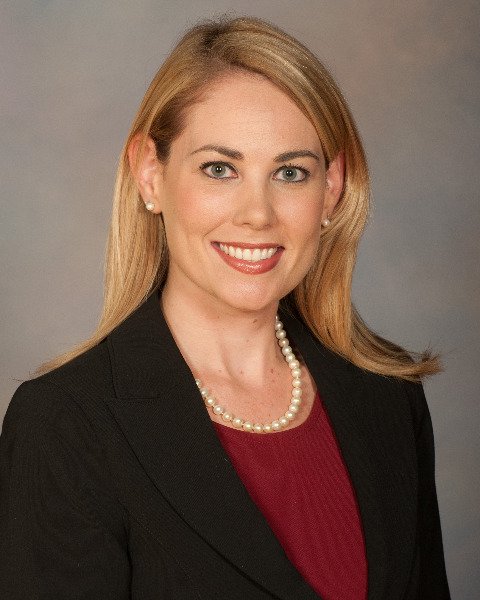Oral Presentation - 15 minutes for each presentation
Leadership, Mentoring, and Training the Next Workforce
A2. Oral Session: Shaping the Future: Training and Upskilling the Public Health Workforce
A2.01 - Oral: Shaping the Future of Health Education: The Health Education Specialist Practice Analysis (HESPA III) Update
Wednesday, April 16, 2025
11:15 AM - 11:30 AM PST
Location: Atlantic I/II, 2nd Floor
Area of Responsibility: Area IV: Evaluation and Research
Subcompetencies: 4.2.1 Determine purpose, hypotheses, and questions. Determine purpose, hypotheses, and questions., 4.2.5 Select a research design model and the types of data to be collected.
Research or Practice: Research
Subcompetencies: 4.2.1 Determine purpose, hypotheses, and questions. Determine purpose, hypotheses, and questions., 4.2.5 Select a research design model and the types of data to be collected.
Research or Practice: Research

Beth H. Chaney, PhD, MCHES
Professor
The University of Alabama
Tuscaloosa, Alabama, United States
Presenter(s)
Learning Objectives:
At the end of this session, participants will be able to:
- Describe the mixed methods approach applied to the Health Education Specialist Practice Analysis (HESPA) III study.
- Discuss the new Framework for Health Education Specialists, as a result of the HESPA III study.
- Discuss the timeline for rolling out the new Framework for Health Education Specialists.
Detailed abstract description: In 2024, The National Commission for Health Education Credentialing, Inc. (NCHEC) and the Society for Public Health Education (SOPHE) launched the Health Education Specialist Practice Analysis III (HESPA III) to validate the contemporary practice of health education specialists in the field. Specifically, the national practice analysis evaluates and verifies the entry-level and advanced-level Areas of Responsibility (AOR), Competencies and Sub-competencies for health education/promotion practice. The HESPA III results will inform professional preparation curricula, the certification examinations, continuing education opportunities, and CHES® and MCHES® program accreditation from the National Commission for Certifying Agencies (NCCA). This study was designed to facilitate a defensible and systematic update of the field’s practice framework. The primary aim of the study is threefold: 1) to determine the current AOR, Competencies and Sub-competencies for entry-level health education specialists, 2) to determine the current AOR, Competencies and Sub-competencies for advanced-level health education specialists, and 3) to determine the baseline knowledge required to perform the AOR, Competencies and Sub-competencies for health education specialists. A mixed methods approach was used to collect qualitative data from a representative sample of health education specialists, the HESPA III panelists, on the existing health education/promotion framework. Panelist input informed the creation of the HESPA III survey, and then, survey research methods were employed to examine the frequency of practice and importance of Competencies and Sub-competencies determined to be within the scope of practice for entry- and advanced-level health education specialists. Moreover, the frequency of knowledge use in the work of health education specialists was assessed. The survey pilot test procedures, development and recruitment methods, along with the data analysis protocol will be discussed during the presentation. A sample of certified health education specialists (n=15,063) received an invitation, with a personalized URL, to take the one of the HESPA III surveys in September 2024. Additionally, a public link for all non-certified health education specialists was circulated via recruitment efforts by member organizations of the Coalition of National Health Education Organizations (CNHEO). Organization social media and follow-up email correspondence were used to encourage field-wide participation. The survey is set to close on November 15, 2024, and at the time of this abstract submission, 757 participants have completed the CHES® survey, 222 have completed the MCHES® survey, and 199 have completed the knowledge survey. Preliminary results and the new health education practice framework will be unveiled to the field at this SOPHE presentation, along with the timeline for when the CHES® and MCHES® examinations will reflect the revised framework.

